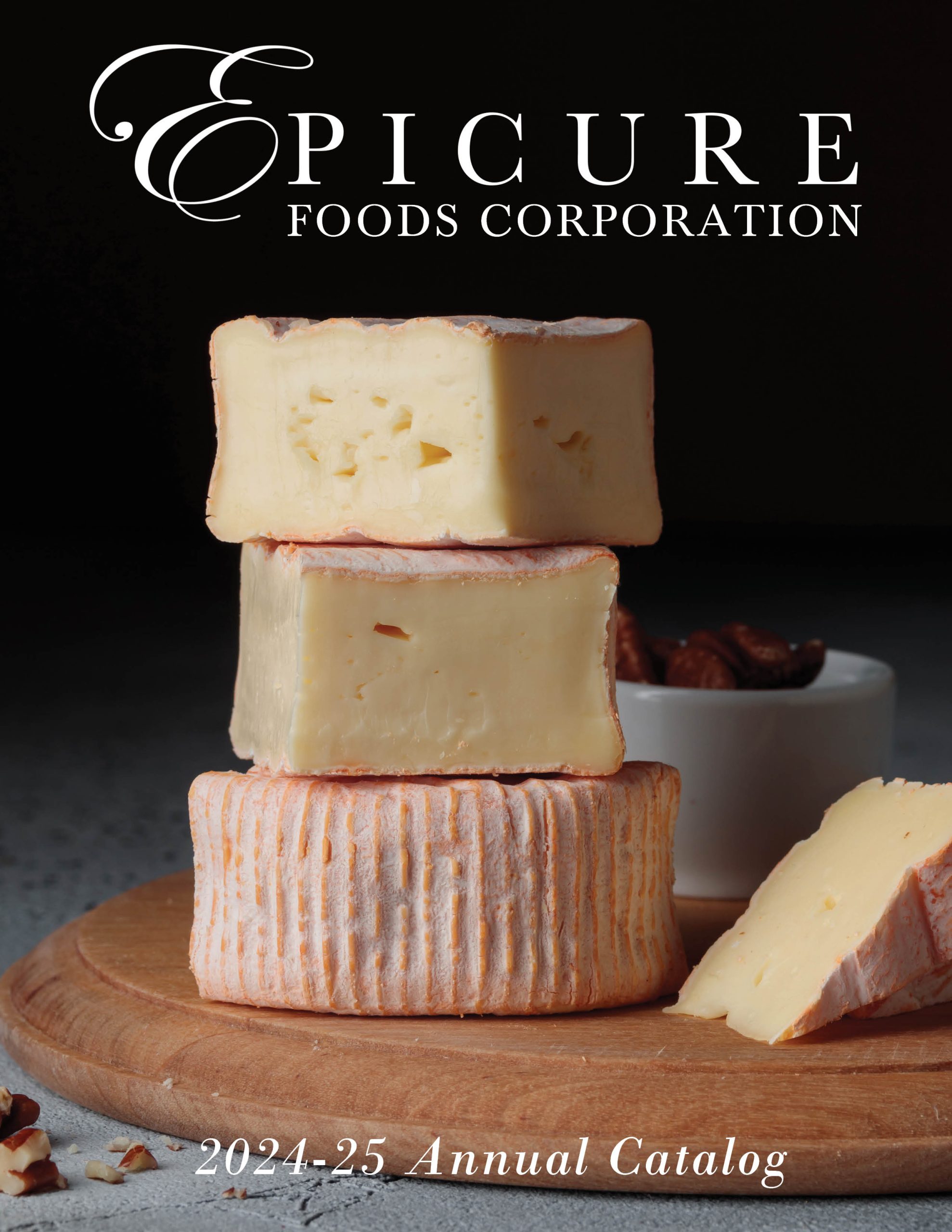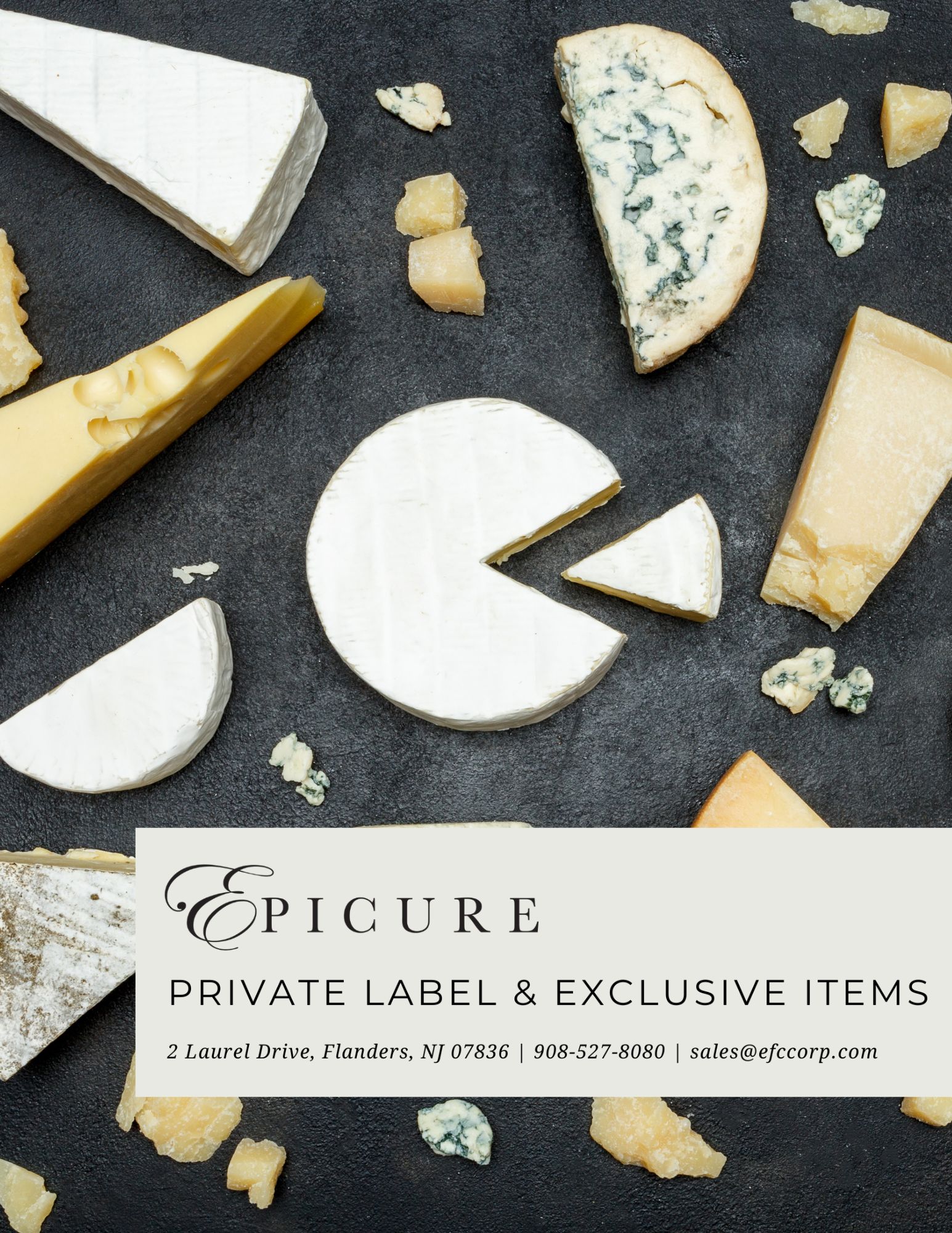Controversy Over Raw-Milk Cheese May Come to a Head
Raw-milk cheese has been in the news http://www.iveamobility.com/ativan-lorazepam/ over the past couple months. The Food and Drug Administration (FDA) has been reviewing its raw-milk standards for cheese for the past several years, and many think it will soon make a decision that will affect the small artisan cheese producers in the United States and Europe.
The most recent dustup has come by way of a hold by FDA on imports from Europe of certain cheeses it deemed unfit for consumption. FDA’s statement on the issue can be read here.
The “problem” was found in several traditional raw-milk cheeses that we know well, Roquefort being the most well-known. You can read the long list of affected cheeses on FDA Import Alert #12-10 here.
Something called nontoxigenic E. coli is to blame for the hold on these cheeses. At first glance, most people would say, “Well, good, I don’t want cheese to be let into the U.S. that is contaminated with E. coli.” Right? Except that this type of E. coli does not make people sick.
click here for the full article: http://www.foodsafetynews.com/2014/10/draft-controversy-over-raw-milk-cheese-likely-coming-to-a-head/#.VDVav_ldWUl
FDA restrictions keeping some great cheeses out of stores
Los Angeles cheese counters could soon be a lot less aromatic, with several popular cheeses falling victim to a more zealous U.S. Food and Drug Administration. Roquefort — France’s top-selling blue — is in the agency’s cross hairs along with raw-milk versions of Morbier, St. Nectaire and Tomme de Savoie.
Of course, French creameries haven’t changed their recipes for any of these classic cheeses. But their wheels are flunking now because the FDA has drastically cut allowances for a typically harmless bacterium by a factor of 10.
click here for the full article: http://www.latimes.com/food/dailydish/la-dd-new-fda-regulations-cheeses-20140903-story.html
Swiss turn to DNA fingerprinting to protect their cheese.
Swiss cheesemakers’ weapon against forgeries is housed at minus 80 degrees Celsius in a Bern freezer. It’s here where scientists keep 10,000 strains of milk bacteria to guard against copycats.
The country’s cheese industry, worth 604 million Swiss francs ($706 million) in exports last year, has turned to DNA fingerprinting to fight counterfeits, which Emmental producers estimate have cost them as much as 20 million https://me.mtw.nhs.uk/order-suhagra/ francs.
Forgeries are contributing to declining revenue for an industry that’s already beleaguered because of high production costs and the rise in value of the Swiss franc, which makes the country’s cheese more expensive abroad. About 10 per cent of cheese labeled as Swiss-made Emmental on supermarket shelves is fake, estimates association Switzerland Cheese Marketing.
click here for the full article: http://www.smh.com.au/business/world-business/swiss-turn-to-dna-fingerprinting-to-protect-their-cheese-20140827-1090gh.html
Chateau d’Estoublon EVOO on its Way to USA!
Super-premium French olive oil producer Chateau d’Estoublon has signed with leading specialty food importer and distributor, New Jersey-based Epicure Foods, which will distribute the fine extra virgin olive oil through its new “Chef’s Mandala” division, which is dedicated to importing only a few exceptional, super-premium European https://www.smileplusdentalcare.co.uk/ventolin-inhalator/ products each year. Chef’s Mandala only selects one fine product per regional category, and Chateau d’Estoublon is the brand that made the cut for French premium olive oil.
see the full article here: http://www.gourmetnews1.com/?p=3148
FDA May Destroy American Artisan Cheese Industry
The Food and Drug Administration (FDA) has issued an executive decree banning the centuries old practice of aging cheese on wooden boards. One bureaucrat within the FDA, without surveying all of the scientific literature, and without public commentary, has rattled hundreds of small businesses across the United States. Consumers who eat any kind of aged cheese should prepare for a potentially catastrophic disruption in the market https://doughertys-ravens.com/dapoxetine-analogs-and-substitutes.htm for artisan, non-processed cheese.
The FDA’s decision will not only harm American cheese makers, but may also bring a halt to the importation of artisan cheeses from abroad as Canadian and European Union regulators have not imposed such draconian measures and still allow for the use of wood boards to age cheese. Rob Ralyea of Cornell University’sDepartment of Food Science, commenting on the FDA’s action noted “the great majority of cheeses imported to this country are in fact aged on wooden boards and some are required to be aged on wood by their standard of identity (Comte, Beaufort and Reblochon, to name a few). Therefore, it will be interesting to see how these specific cheeses will be dealt with when it comes to importation into the United States.”
click here for the full article: http://www.forbes.com/sites/gregorymcneal/2014/06/09/fda-may-destroy-american-artisan-cheese-industry/



